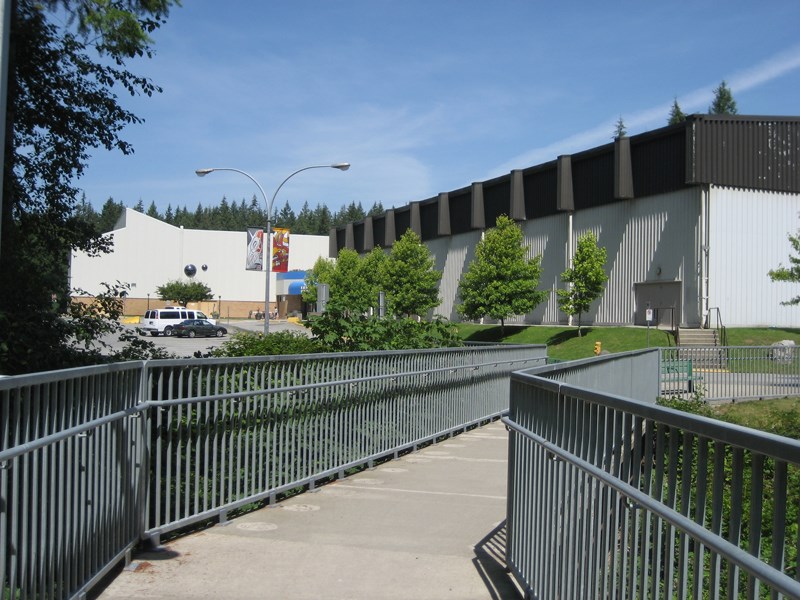Powell River Regional District board took the first steps toward what child poverty reduction advocates hope will provide access to Powell River Recreation Complex for all youth in the region.
The regional district board approved $2,000 for the purchase of recreation passes at its August 24 board meeting.
Poverty reduction advocate Friends of Powell River appeared before the board’s committee meeting on August 17, after City of Powell River council requested in July that the group also ask the regional board for a contribution toward the purchase of passes for youth from lower-income families in the region.
After the board meeting, regional district board chair Patrick Brabazon commended the board for providing the grants-in-aid to assist the region’s most vulnerable residents.
"We've done a good thing,” said Brabazon. “It's not a big sum, but it could go a long way in getting some kid active who might not otherwise have the opportunity.”
Contributions toward the $2,000 total came from Electoral Area A ($1,076), Electoral Area B ($268), Electoral Area C ($403) and Electoral Area D ($253).
City of Powell River provided a $750 grant-in-aid for the passes earlier in July after Friends of Powell River made a similar presentation to council on the status of child poverty in the region.
In presentations to the local governments, Friends director Melanie Jordan described Powell River as a tale of two cities: one where the majority of the region’s children flourish due to a high quality of life that includes a variety of recreation opportunities, and another with a minority of children without the same opportunities because they come from lower-income families.
“I really appreciate the funds,” said Jordan. “I feel that I received some support there.”
City director of parks, recreation and culture director Ray Boogaards said financial barriers for using facility were raised repeatedly throughout research his department did during last year’s expanded regional recreation initiative study.
"Some people can afford it and that's great, but there are others wishing they could come in but they really can't participate much," said Boogaards. "We want to find a way to be so inclusive that people can afford to come in here.”
Boogaards said he is pleased that city council is willing to proceed with a one-year pilot of an expanded recreation financial-assistance program.
A November 2016 report on the city’s financial-assistance program found that child poverty rates jumped from 17.6 per cent in 2008 to 23.1 per cent in 2013, a figure that did not change in the 2015 Powell River Vital Signs report.
According to the city report, BC’s average for child poverty is 20.4 per cent.



